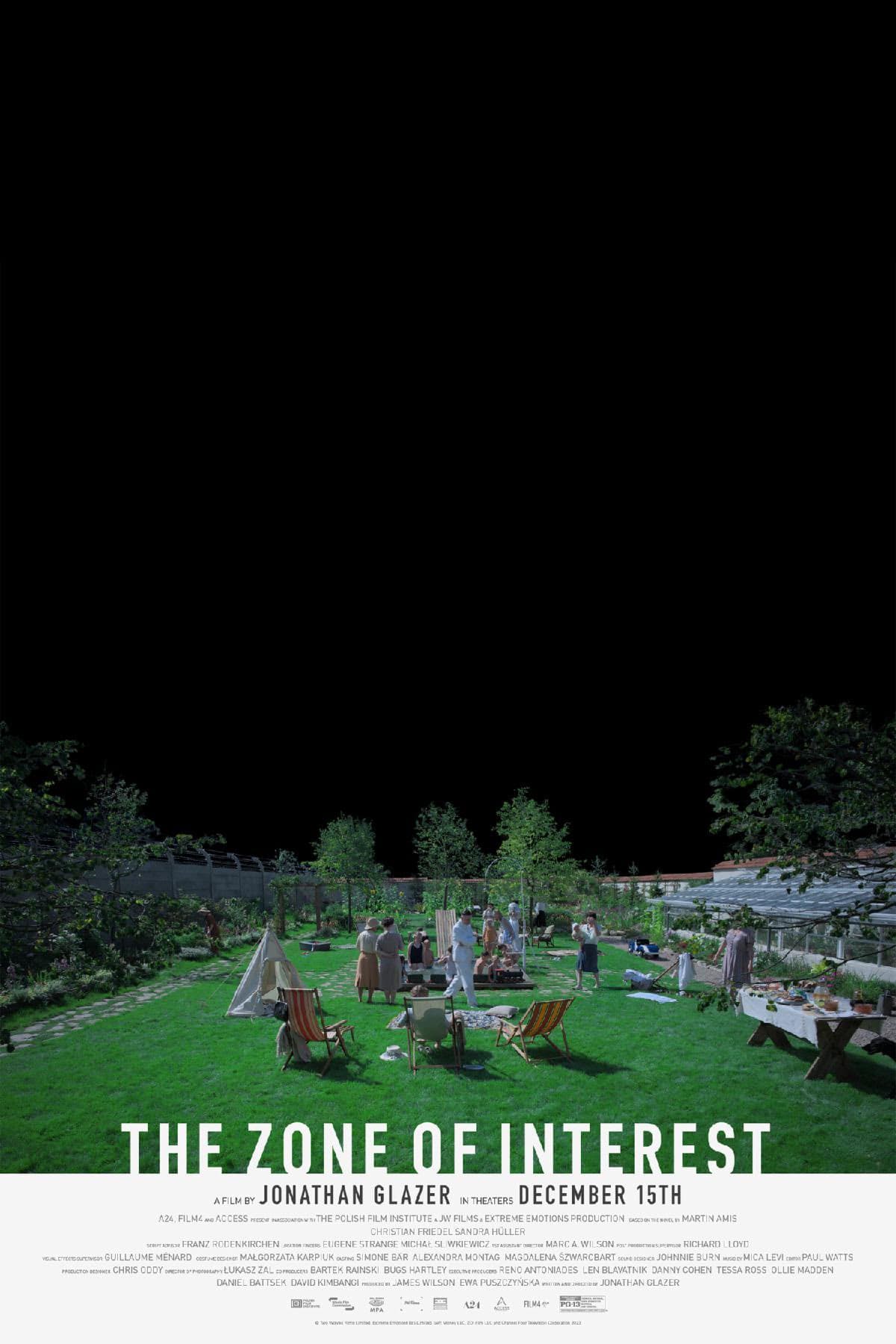
The Zone of Interest
2023
Rate this movie
Average: 4.50 / 5
(4 votes)
Director
Jonathan Glazer's Zone of Interest is not a film about the Holocaust. Or rather, it is not a film about the Holocaust as we have become accustomed to seeing it, thinking about it, and processing it cinematographically. It is a radical, chilling, and formally flawless work that accomplishes something with almost unbearable clarity: it shifts the focus from the suffering of the victims to the disconcerting, bourgeois normality of the perpetrators. Glazer does not take us inside the Auschwitz camp; he invites us to have tea in the garden next door, and it is in this shift in perspective, in this gesture of visual denial, that his devastating power lies.
The film draws directly from the thinking of Hannah Arendt, becoming the most perfect and terrifying cinematic transposition of the concept of “the banality of evil.” The plot is almost non-existent, and this is a deliberate choice. We follow the daily life of Rudolf Höss (Christian Friedel), the commander of Auschwitz, and his wife Hedwig (a superb Sandra Hüller) in their idyllic country home, separated from the extermination camp only by a wall. Their concerns are those of any upwardly mobile middle-class family: his promotion, her gardening, picnics with their children, gossip with their friends. The horror is not in their actions, but in their total lack of awareness. The director's vision is clinical, almost entomological. Glazer rejects any form of pity or conventional psychological explanation. There are no flashbacks to explain ‘why’ they became this way; their monstrosity does not lie in their past, but in their chilling, functional ability to compartmentalise the present.
Evil, in this film, is almost entirely off-screen. It is a sonic entity, an acoustic pollution of the soul. While Hedwig proudly shows off her flower beds, we hear in the background the inhuman screams, the sharp gunshots, the orders shouted in German, the incessant industrial hum of the crematoria. Glazer works through an oblique vision, using sound as a weapon to corrupt the beauty of the images. We can almost venture an unusual analogy: the film works like a photographic negative. We see the bright, almost overexposed image of family life, and it only makes sense when we mentally project its dark and invisible negative onto it: the extermination camp beyond the wall. The horror is not what you see, but what you know and feel, a darkness that contaminates every scene, every laugh, every flower in that cursed garden.
For decades, cinema has tackled the Holocaust from the perspective of the victims (Schindler's List), the survivors (The Pianist) or the “righteous” who opposed the regime. Glazer takes a radical shift in perspective, adopting the gaze of the middle management of genocide. This shifts the center of gravity of the moral question. We no longer ask ourselves “how could this have happened?”, but an even more disturbing question: “how can you live, eat breakfast, love your children, sleep at night, alongside all this?” It is a film about the psychology of complicity, about the human capacity to normalize the unspeakable. The historical perspective is further complicated by brief, almost abstract flash-forwards showing us the Auschwitz-Birkenau museum today, with cleaning ladies sweeping the floors of the gas chambers. This meta-textual gesture breaks the historical illusion and challenges us directly, linking the “banal” bureaucracy of yesterday's extermination to the “banal” routine of its commemoration today.
The film is based on the novel of the same name by Martin Amis, but Glazer distills it to its essence. He strips the book of its more conventional plot (which included a love triangle) to extract its pure concept, its black heart: the idea of an ordinary life flourishing in the shadow of industrialized death. In this sense, the film is closer to a philosophical essay than a novel. Its real source is not Amis, but the aforementioned Arendt and perhaps also the prose of W. G. Sebald, a writer who masterfully explored how the trauma of the Shoah continues to live on as an invisible ghost in the normality of German life.
The Zone of Interest is, in essence, a Kammerspiel, a chamber drama. The conflicts are domestic, intimate: Hedwig's disappointment when her mother leaves in horror, her anger when her husband announces a possible move that would take her away from her “paradise,” her childlike joy at trying on a fur coat stolen from a prisoner. This bourgeois drama, set against the backdrop of the camp wall, is what creates the most powerful moral short circuit. The small ambitions and petty concerns of the Höss family, when contextualized, become grotesque, obscene. The genius lies in showing how absolute evil does not need monsters grinding their teeth, but feeds on the small, selfish, and mediocre human aspiration to the “good life.”
Glazer's film fits into the canon of Shoah cinema as a watershed work, and its closest comparison, in terms of formal radicalism, is László Nemes' Son of Saul (2015). Both films reject traditional narrative and seek a new language to represent the unrepresentable. But they do so with diametrically opposed strategies. Nemes throws us into hell. His camera is glued to the back of the protagonist's head, a member of the Sonderkommando. Our view is partial, claustrophobic, chaotic. We hear and see fragments of the horror along with him. It is cinema of radical subjectivity, a total immersion in the experience of the victim-perpetrator. Glazer, on the other hand, deliberately keeps us out. He uses fixed cameras, wide shots, and an almost scientific distance. It is cinema of radical objectivity, which places us in the position of cold observers of the perpetrators.
Son of Saul makes us ask, “What does it feel like to be in there?” Zone of Interest makes us ask, “What does it feel like not to want to see what's out there?” These are two complementary masterpieces that demonstrate how, in order to face the abyss, cinema must constantly reinvent its gaze.
Genres
Gallery
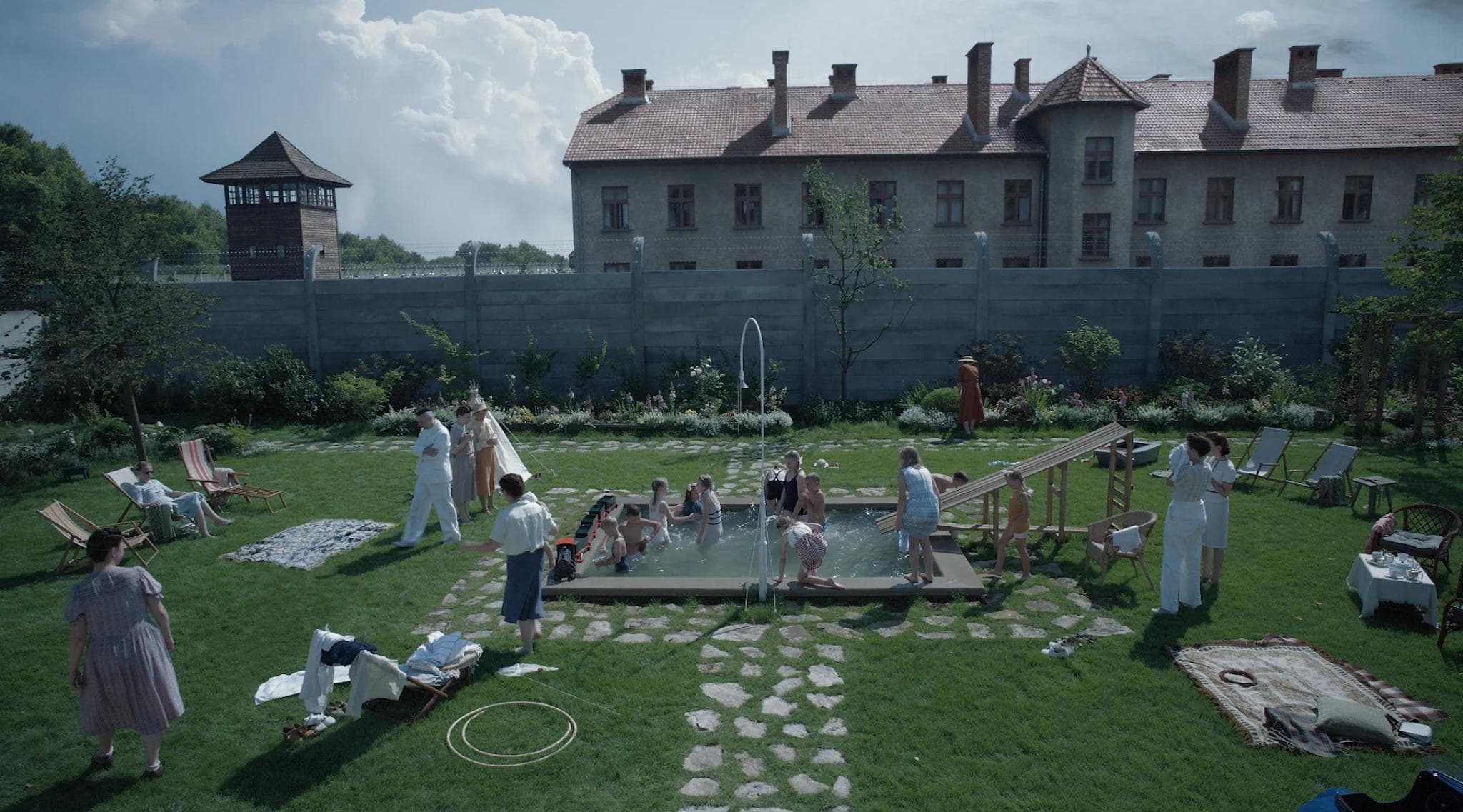
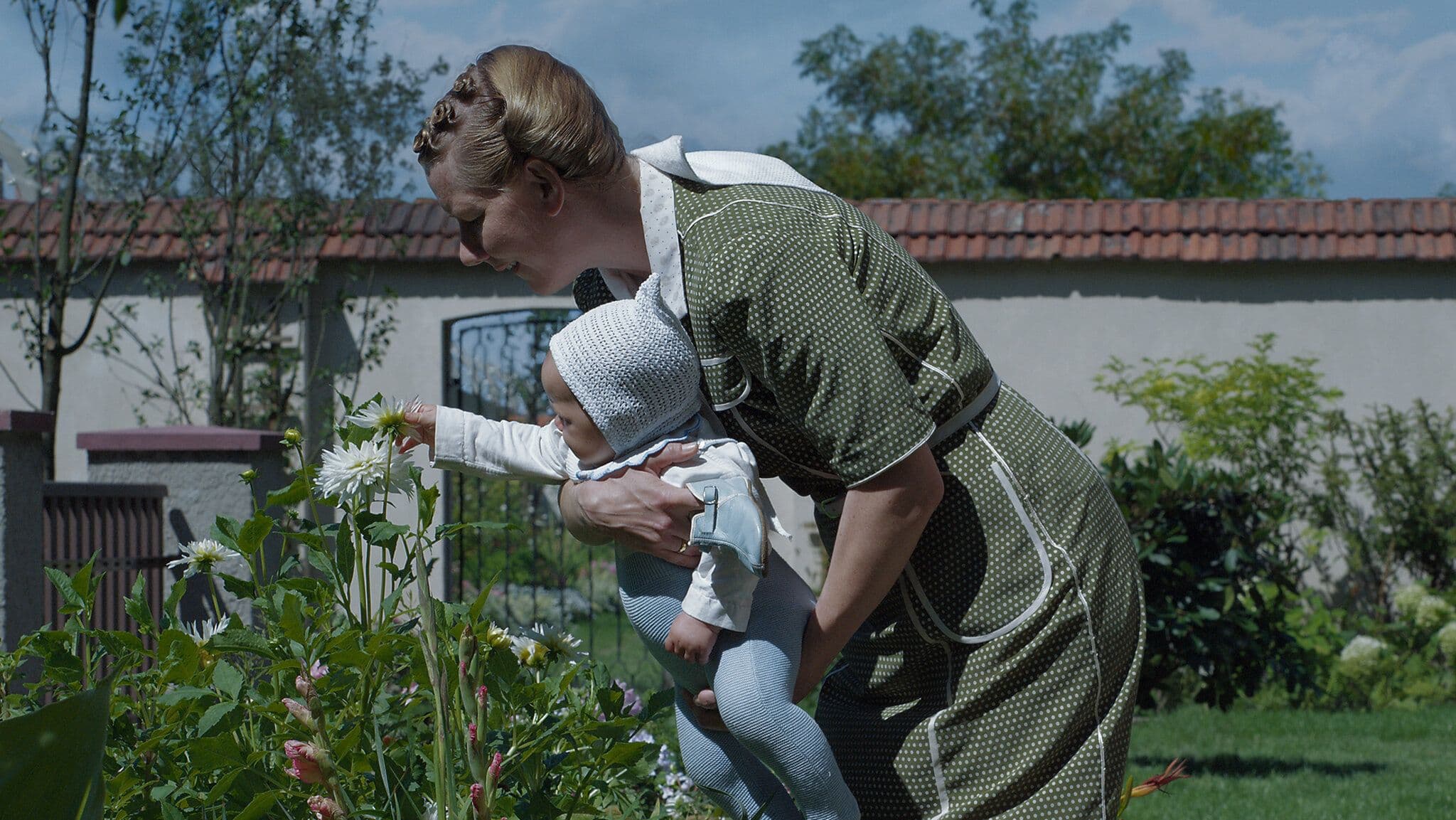
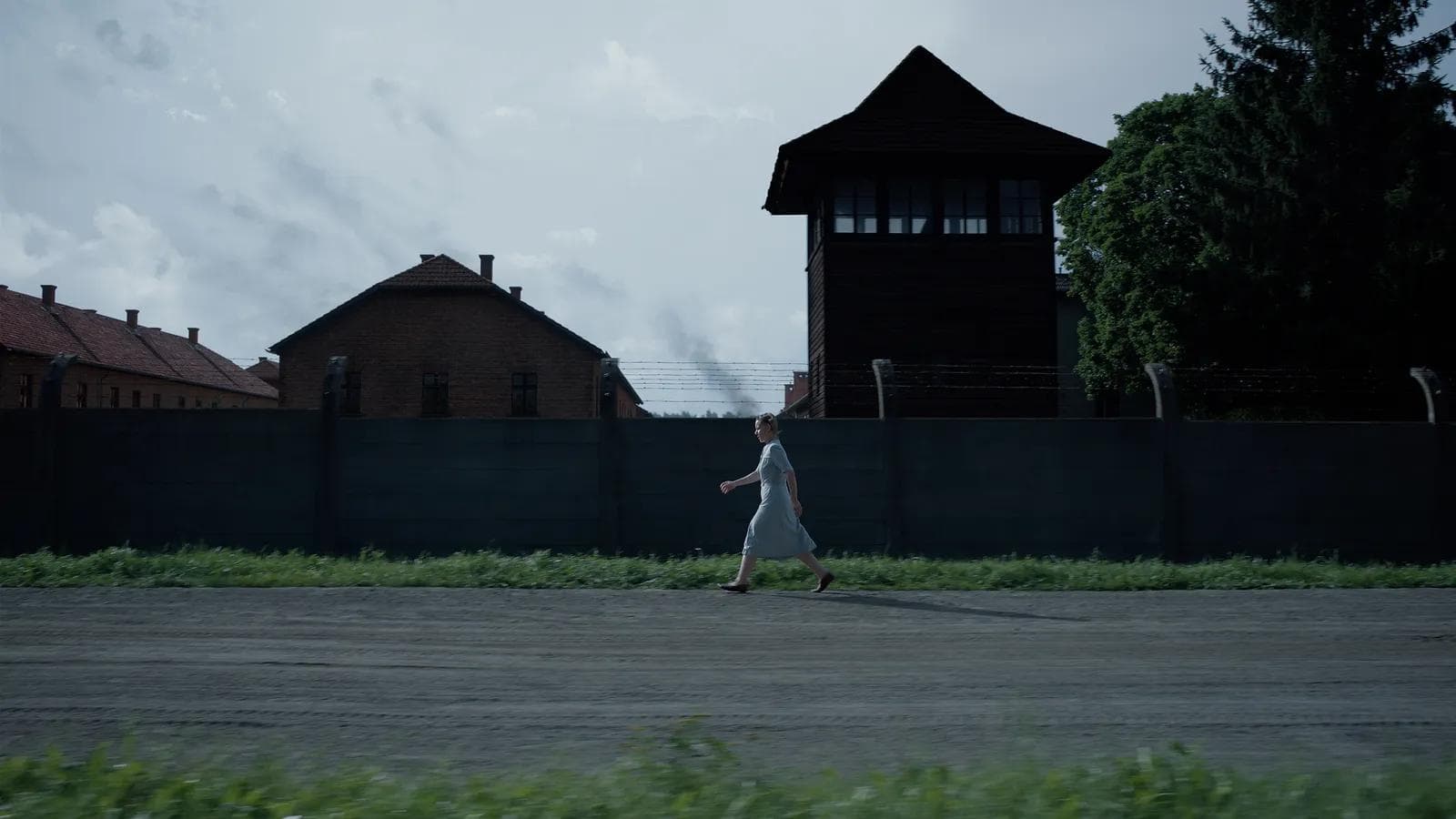
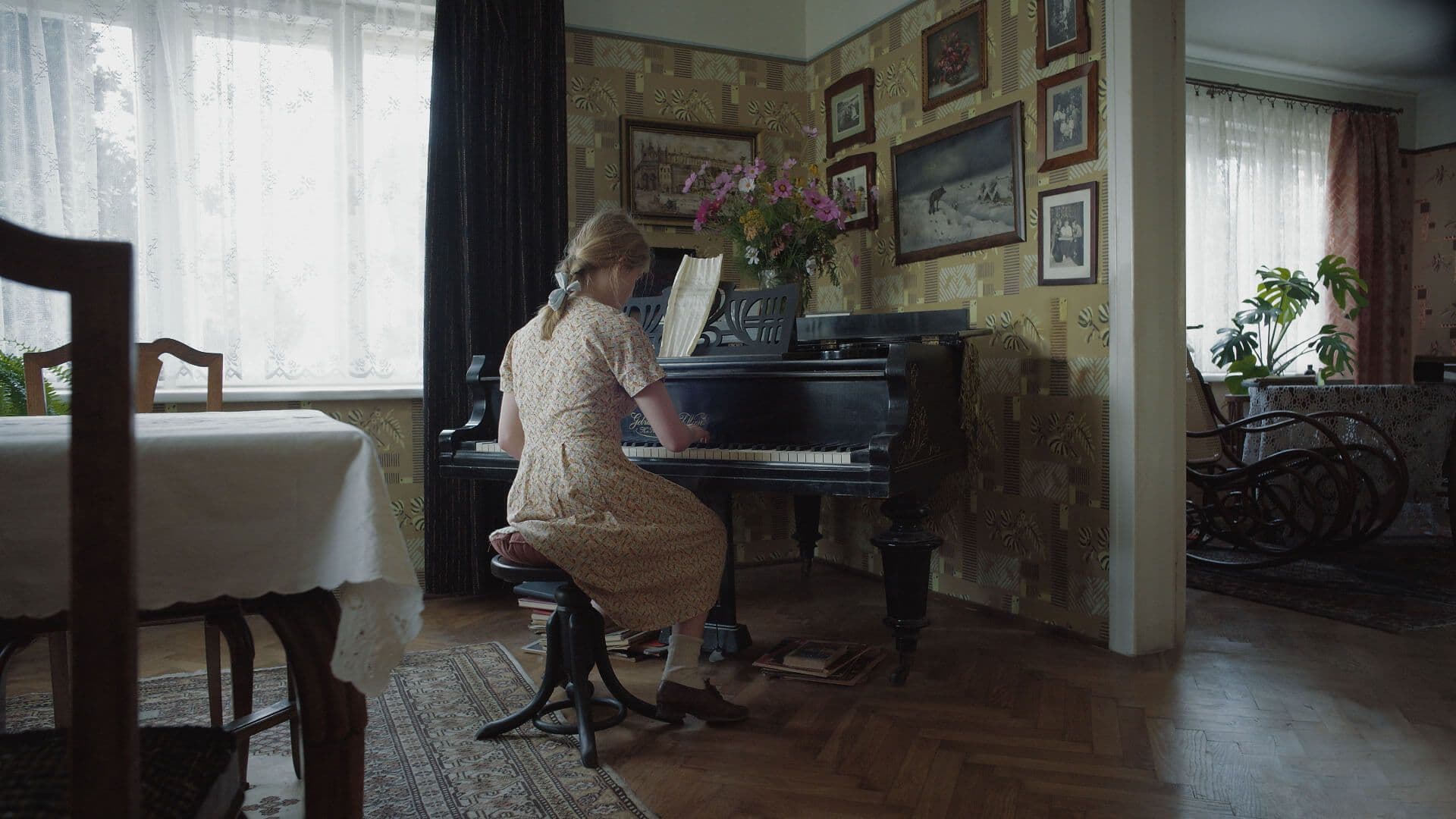
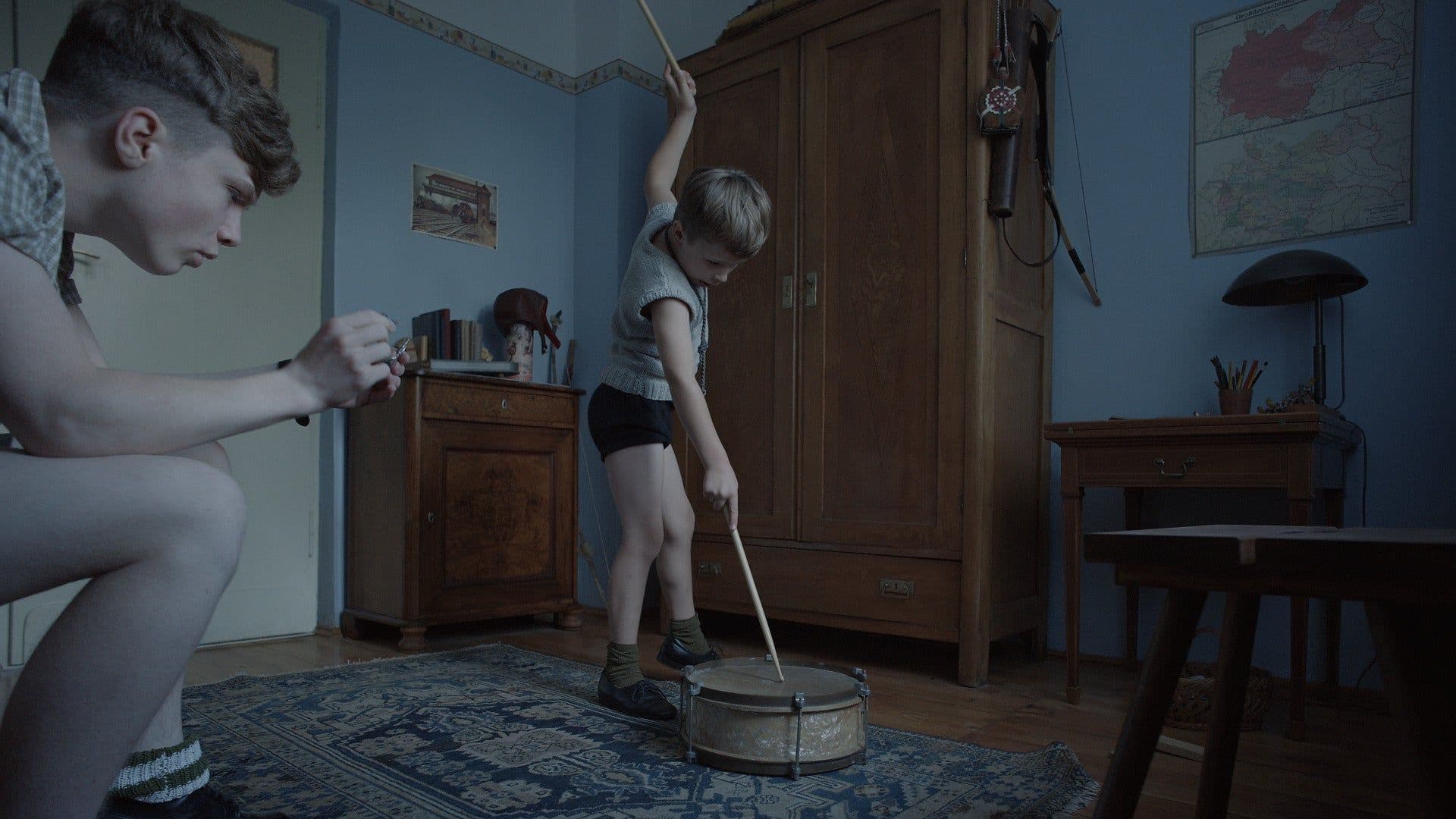
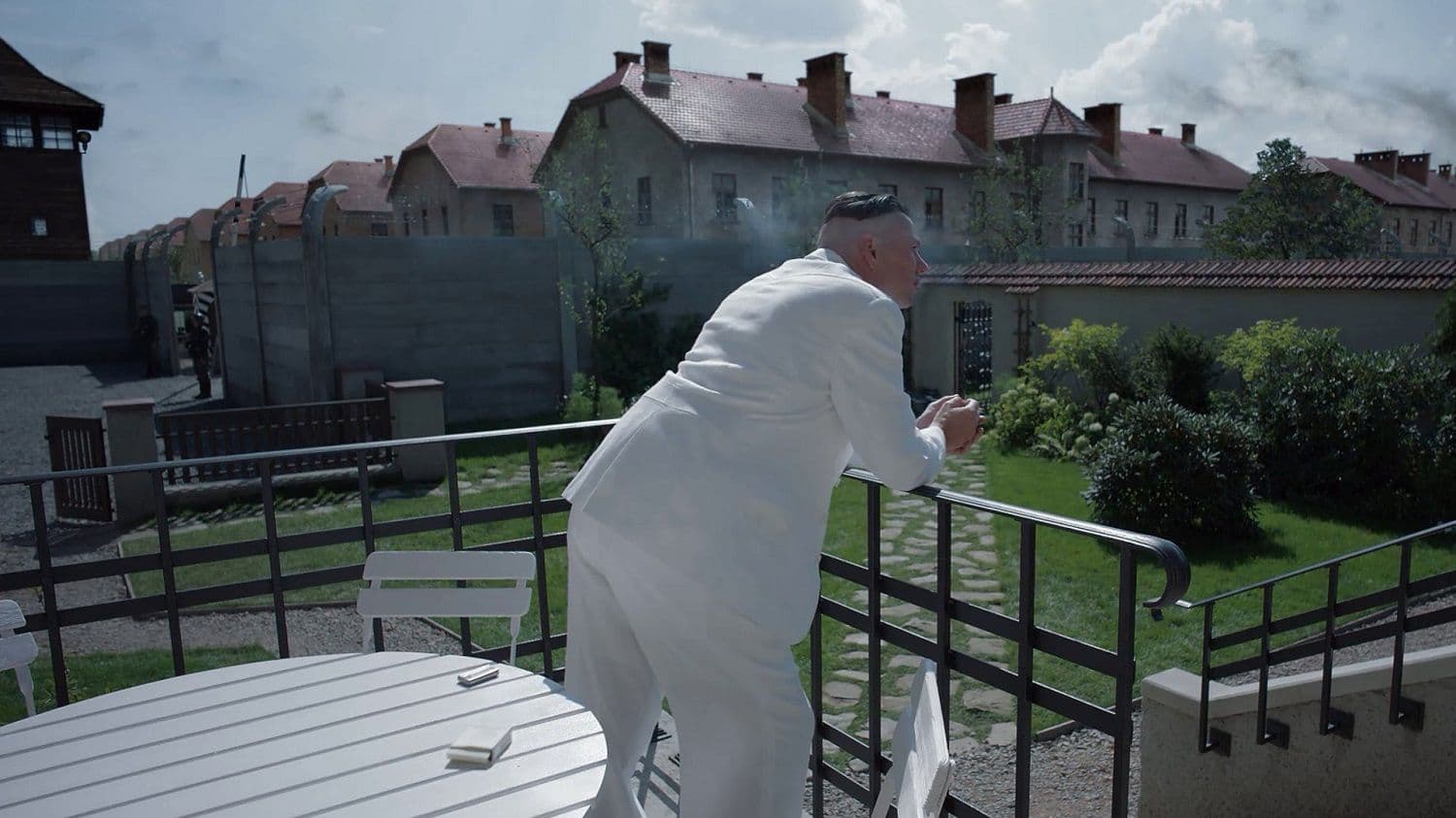
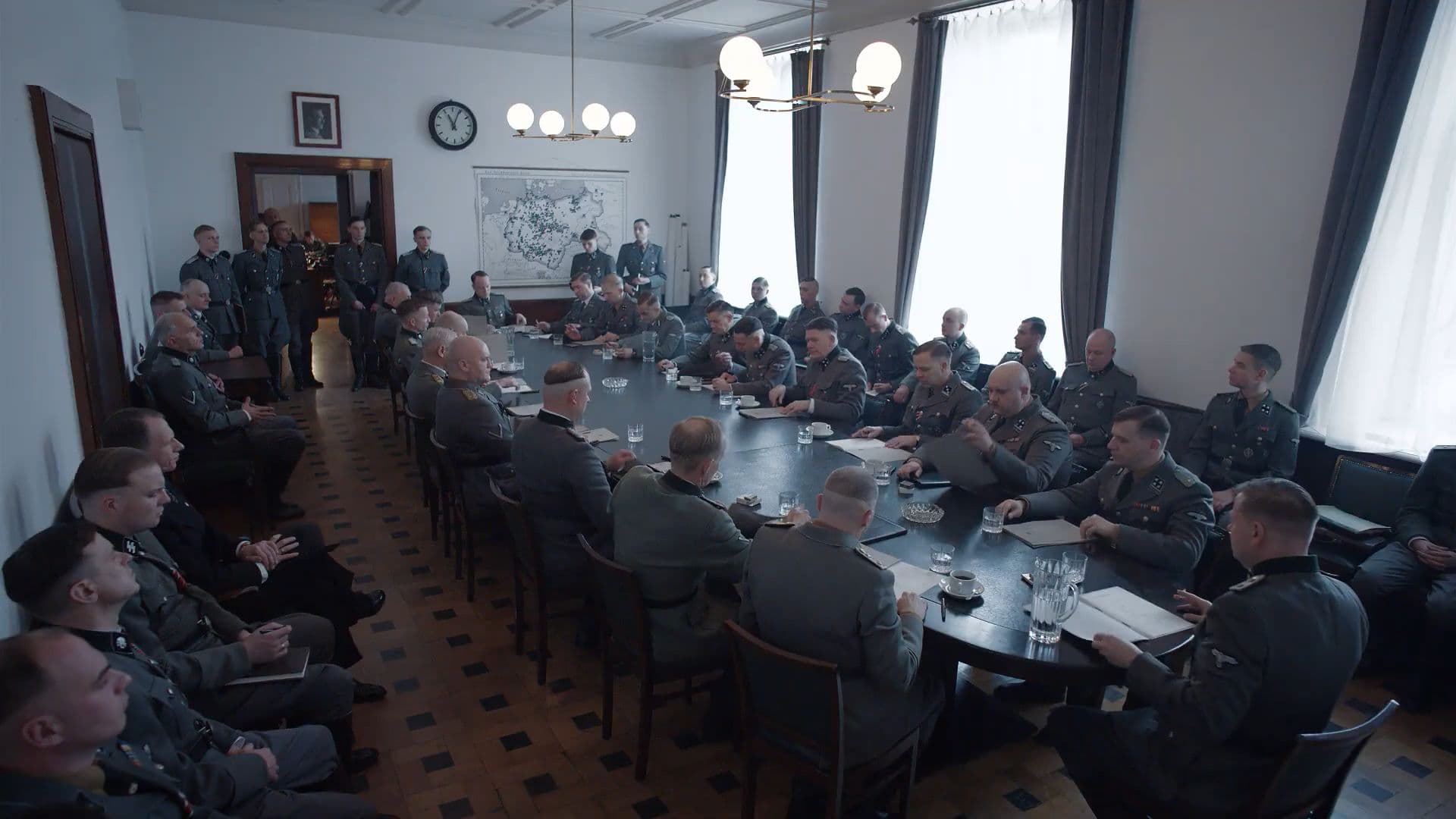
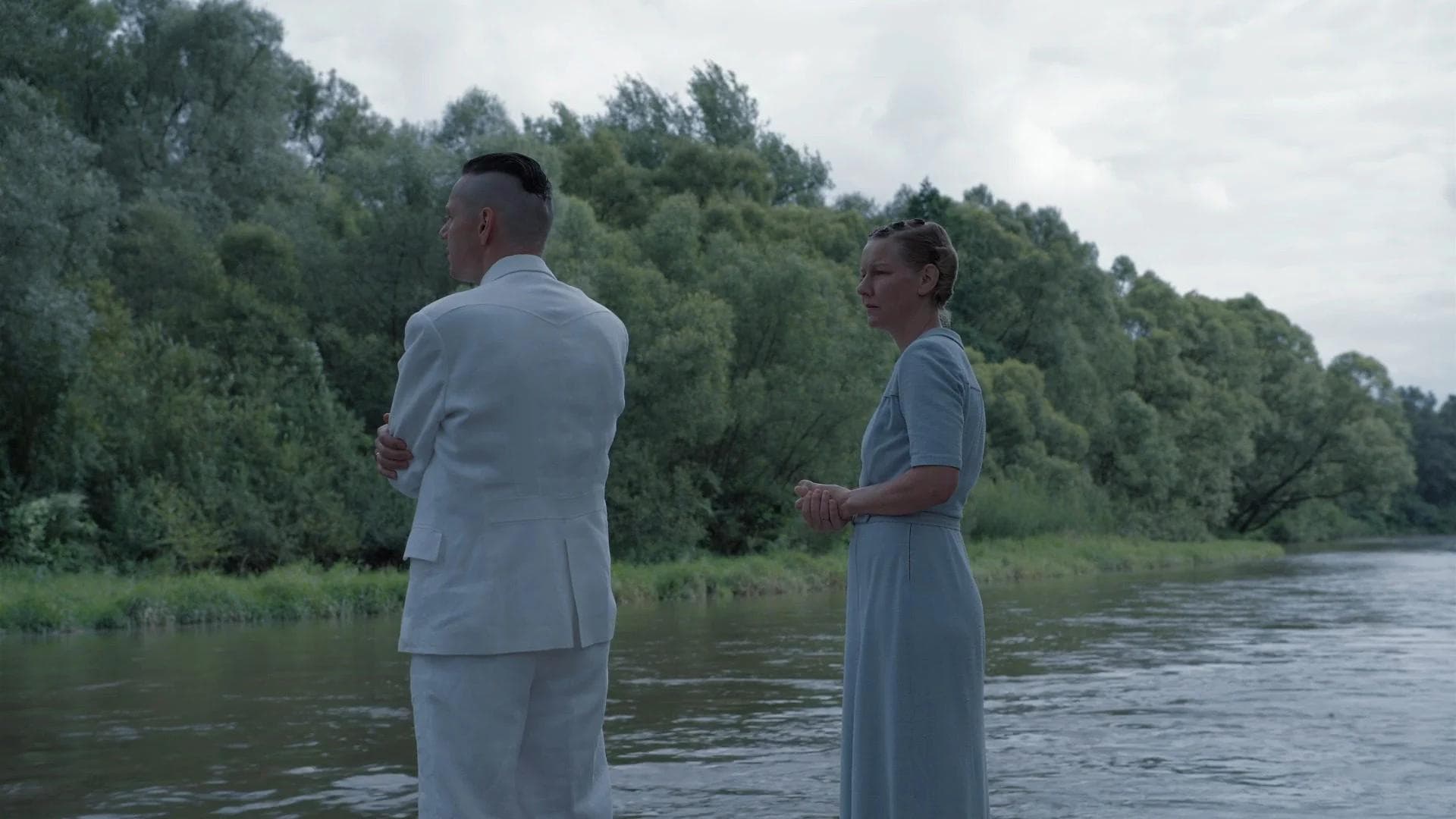
Featured Videos
Trailer
Comments
Loading comments...